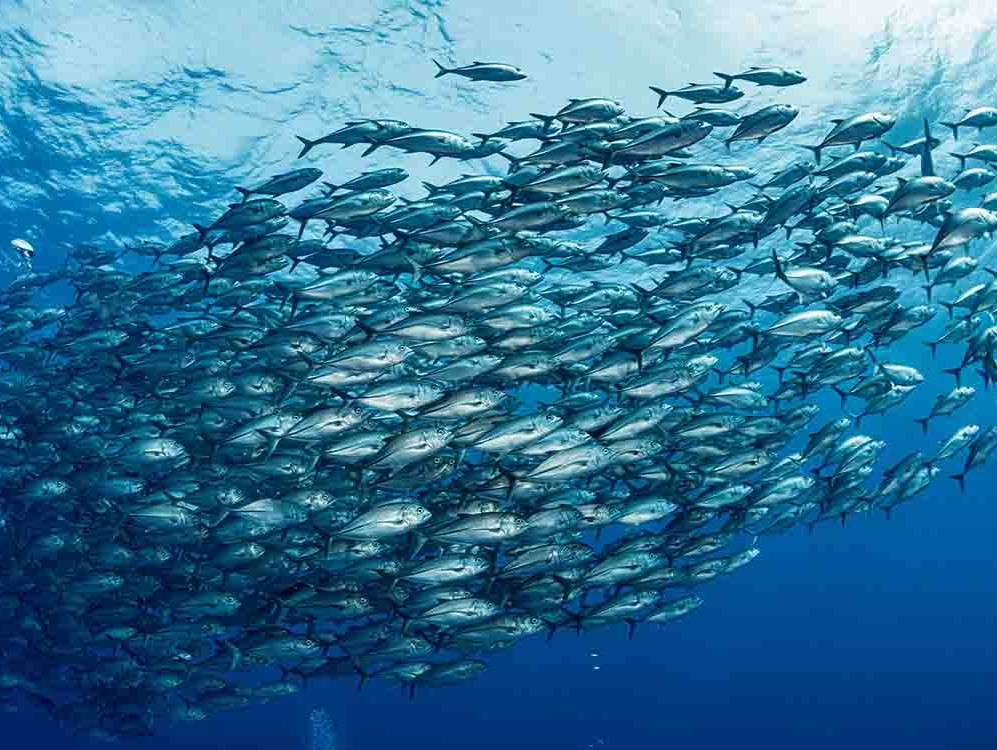
The North Atlantic is undergoing extreme heat waves, with water temperatures similar to those of a hot tub. This warming could threaten fish stocks worldwide, especially if the announced El Niño season causes similar effects in half the oceans, says MSC.
Rising sea temperatures cause fish such as mackerel, herring and blue whiting to migrate northward to cooler areas, as they require cooler waters for reproduction and population maintenance. However, these species are crucial to the North Atlantic ecosystem. If warming continues, their reproductive capacity may decline, with major consequences for fisheries and ecosystems.
An ongoing political impasse between key fishing nations such as the UK, Norway and the EU is exacerbating the situation. This disagreement over fish quotas, combined with the effects of climate change, is putting fish populations under pressure. Research shows that heat waves reduced Atlantic-Scandinavian herring numbers by 40% between 2005 and 2015. In addition, the North Sea cod population has fallen to a critical point due to overfishing, and warmer water makes recovery more difficult.
Climate impacts have also led to the suspension of MSC certificates for some fish species. In 2019, 80% of the Dutch fishery had MSC certification, but that figure will drop to 53% by 2022. At the same time, new species such as squid are appearing in the North Sea, which are currently not regulated.
Christien Absil of MSC Benelux stresses the crucial importance of international cooperation for the conservation of fish stocks. Given the current ecological and political challenges, governments and industries must learn from past mistakes and pursue sustainable solutions. Companies such as Fish Tales and Seafarm are already showing initiative by making sustainable choices and adapting to changing circumstances.
Source: MSC